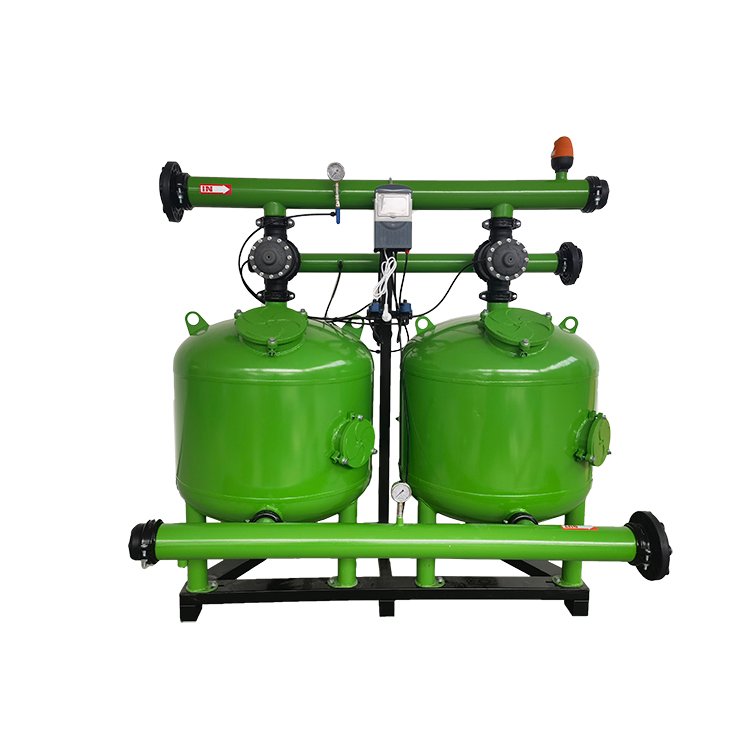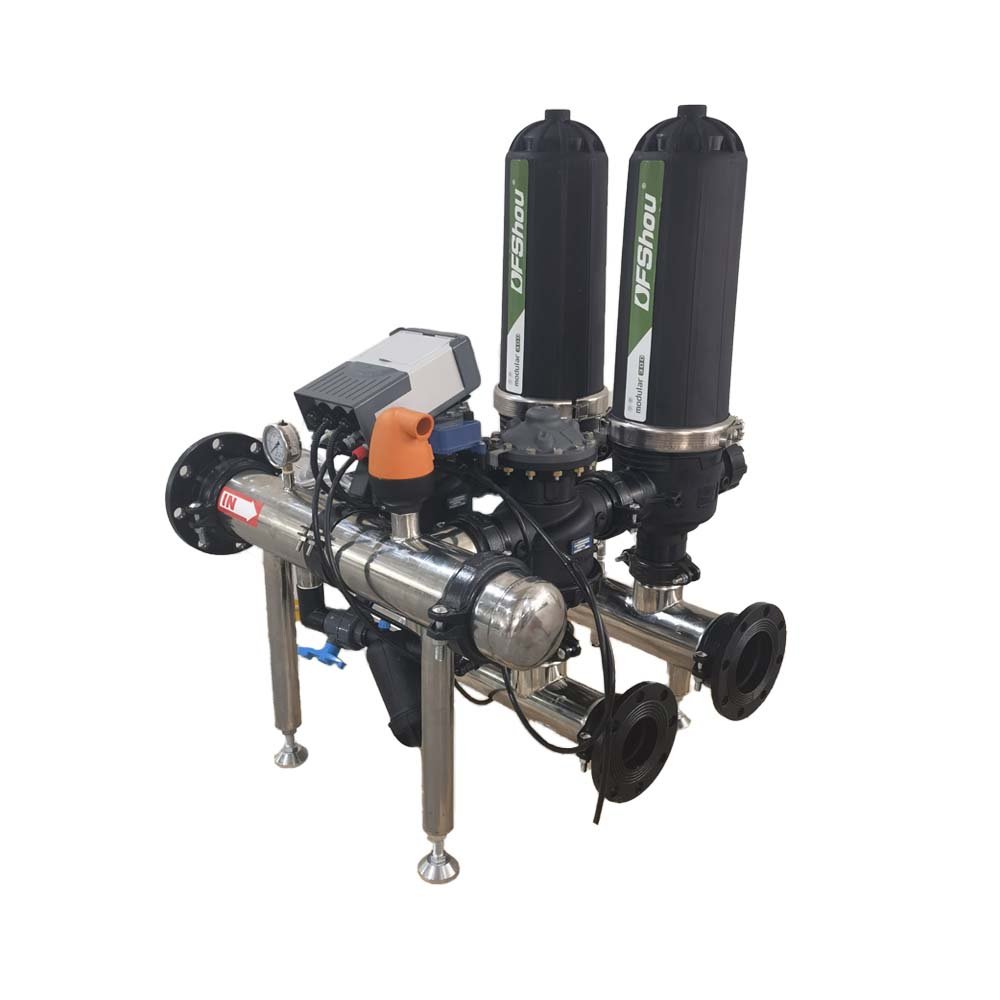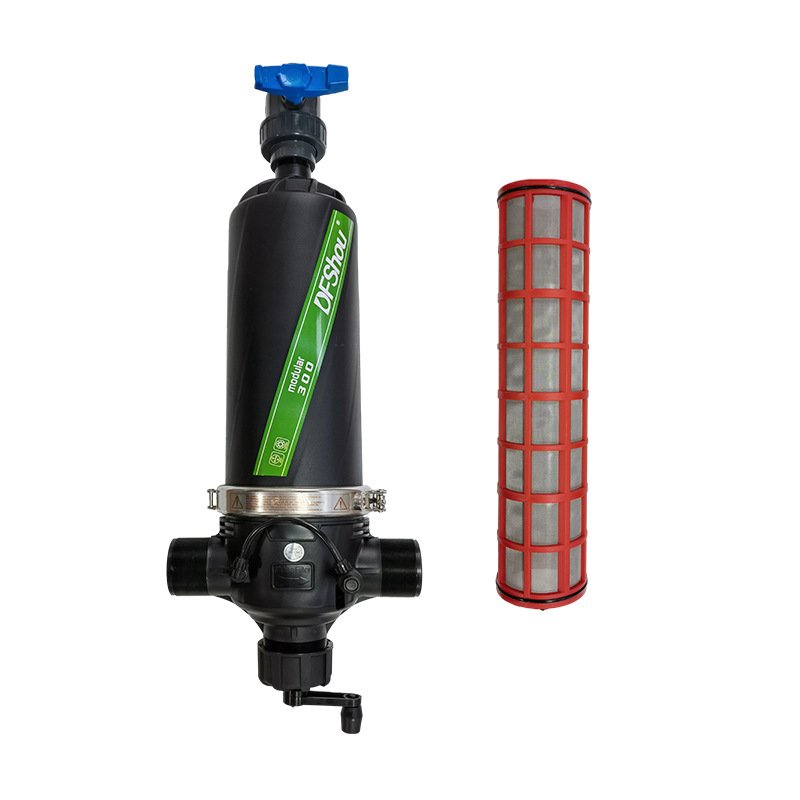Learn about the various materials used in making irrigation filters, including stainless steel, plastic, and fiberglass, and how they can impact the efficiency of your irrigation system.
Irrigation filters are a crucial component of any irrigation system. They help prevent clogging of the irrigation system and keep the water flowing smoothly. They are available in various types, including sand filters, disc filters, and screen filters. They also come in different materials, including stainless steel, plastic, and fiberglass. In this article, we will take a closer look at each type of irrigation filter and the materials they are made of.
Sand Filters
Sand filters are among the most common types of irrigation filters. They are made of a tank filled with sand or other media, such as crushed glass. The water is forced through the sand, which traps any particles and debris, leaving clean water to flow through the system. Sand filters are ideal for large irrigation systems as they can handle high flow rates and are easy to clean.

Disc Filters
Disc filters are made of a series of grooved discs that are stacked together. Water flows through the grooves in the discs, which trap any particles and debris, leaving clean water to flow through the system. Disc filters are ideal for small and medium-sized irrigation systems as they are easy to install and require minimal maintenance.

Screen Filters
Screen filters are made of a cylindrical chamber that houses a mesh screen. Water flows through the screen, which traps any particles and debris, leaving clean water to flow through the system. Screen filters are ideal for small and medium-sized irrigation systems and are easy to install and maintain.

Materials Used in Making Irrigation Filters
Irrigation filters can be made of various materials, including stainless steel, plastic, and fiberglass. Each material has its own advantages and disadvantages.
Stainless steel filters are durable, long-lasting, and resistant to corrosion. They are ideal for high-pressure irrigation systems, and they can handle high temperatures. However, stainless steel filters can be expensive, and they require regular cleaning to maintain their efficiency.
Plastic filters are lightweight, easy to install, and low-cost. They are ideal for small and medium-sized irrigation systems and are resistant to chemicals and UV rays. However, plastic filters are not as durable as stainless steel filters and can crack over time.
Fiberglass filters are lightweight, durable, and resistant to chemicals and UV rays. They are ideal for high-pressure irrigation systems and can handle high temperatures. However, fiberglass filters can be expensive and require regular cleaning to maintain their efficiency.
Conclusion
In conclusion, understanding the different types of irrigation filters and the materials they are made of is crucial for selecting the right filter for your irrigation system. Sand filters are ideal for large irrigation systems, disc filters for small and medium-sized irrigation systems, and screen filters for small to medium-sized irrigation systems. Stainless steel filters are ideal for high-pressure irrigation systems, plastic filters for small and medium-sized systems, and fiberglass filters for high-pressure systems. By choosing the right irrigation filter, you can ensure the efficiency and longevity of your irrigation system.


